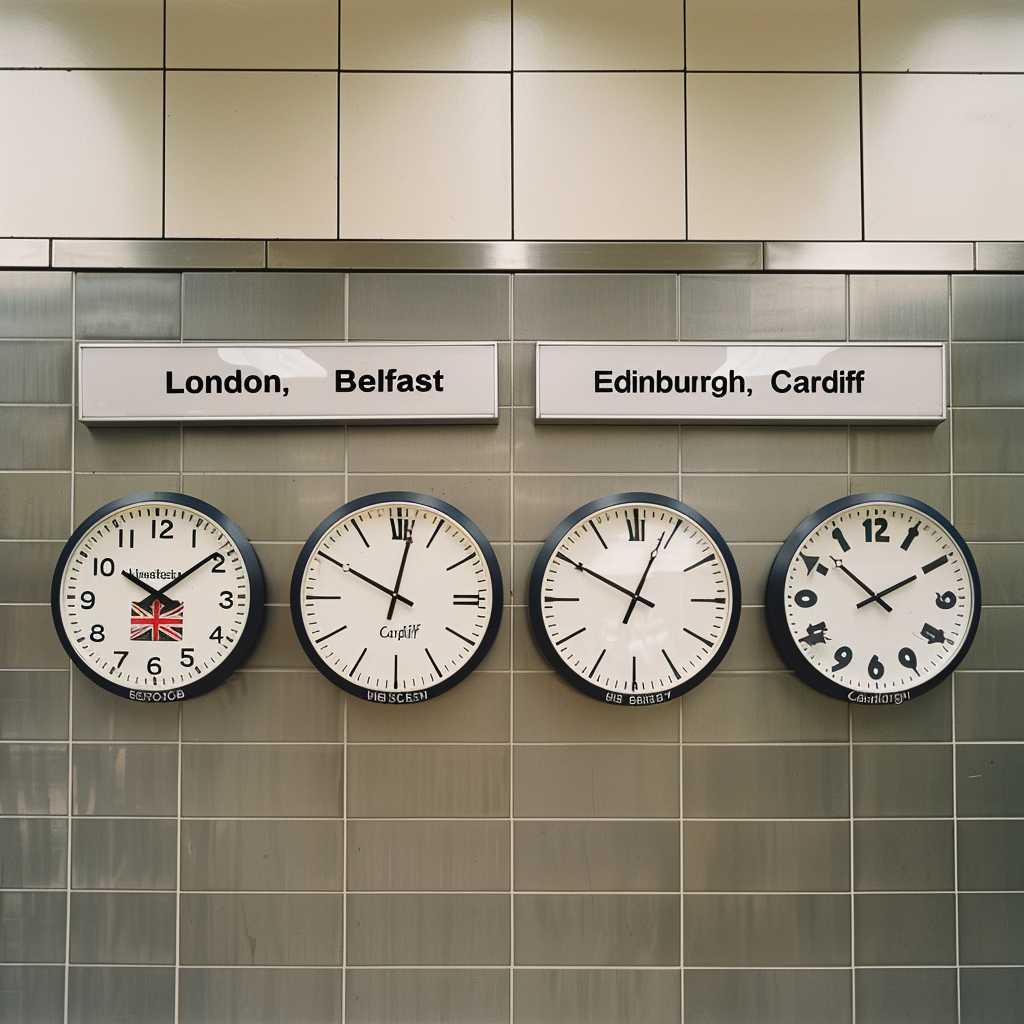Understanding UK Time: An Overview of the Time Zones and Daylight Saving Measures in the United Kingdom
The United Kingdom (UK) operates under a time zone system that adjusts throughout the year to accommodate changes in daylight. Understanding UK time requires delving into both the standard time zone used across the country, as well as the adjustments made for Daylight Saving Time (DST).
The United Kingdom’s Geographic Span and Standard Time Zone
The UK spans geographic areas that are naturally suited to different time zones; however, for the sake of unity and convenience, the country adheres to Greenwich Mean Time (GMT) as its standard. GMT is the mean solar time at the Royal Observatory in Greenwich, London, formerly used as the international civil time standard, now superseded by Coordinated Universal Time (UTC).
Daylight Saving Time in the UK: History and Current Practice
Historically, Daylight Saving Time (DST), also known in the UK as British Summer Time (BST), was implemented during World War I to make better use of daylight and conserve fuel. Currently, DST begins on the last Sunday of March, when clocks are moved forward by one hour to GMT+1 or BST, allowing for longer evenings. DST ends on the last Sunday of October, when clocks revert to GMT.
Impact of UK Time on International Coordination and Business
UK time plays a significant role in international business and coordination. During the to-and-fro of DST switches, meeting planners and businesses around the world adapt their schedules to align with UK participants. London’s place as a financial hub requires precise timing compliance with markets across multiple time zones.
Public Opinion and Debates Around Daylight Saving Time in the UK
Public opinion on DST in the UK is mixed, with debates periodically surfacing about its relevance and impact. Critics argue that changing clocks can disrupt sleep patterns and cause confusion, while proponents point out energy savings and increased opportunities for evening activities.
Different Regions and Timekeeping: The Case of Northern Ireland and Scotland
There is ongoing debate—particularly in regions like Scotland and Northern Ireland—over whether the entirety of the UK should follow the same time adjustments. Some suggest these regions could opt out of DST due to their different latitudes or maintain a separate time to reflect their distinct societal needs.
